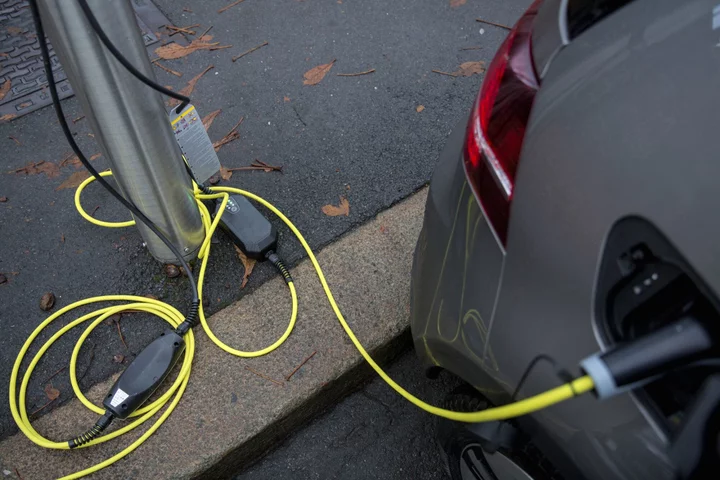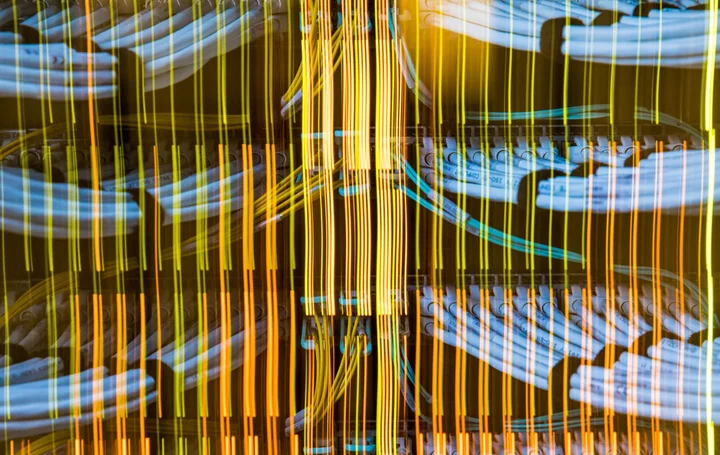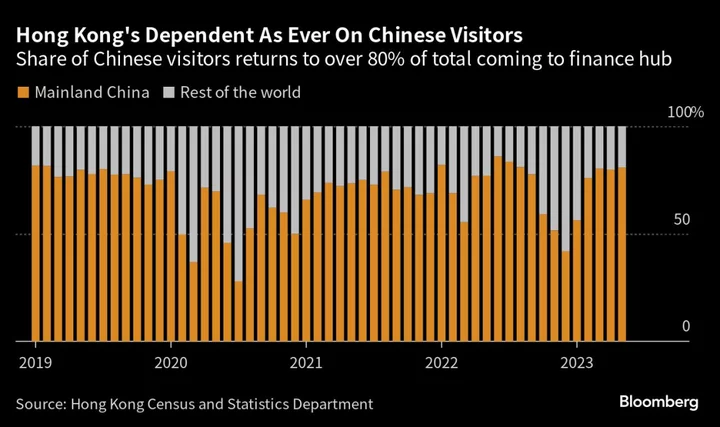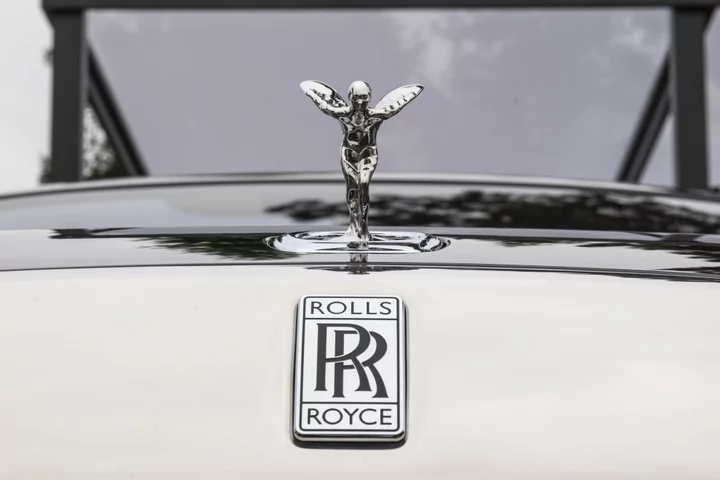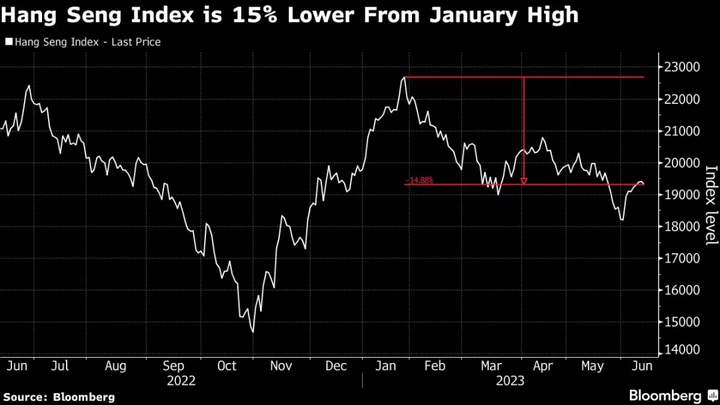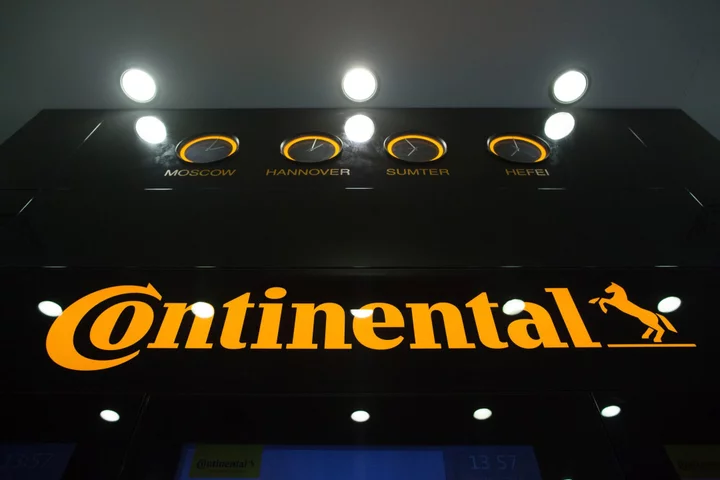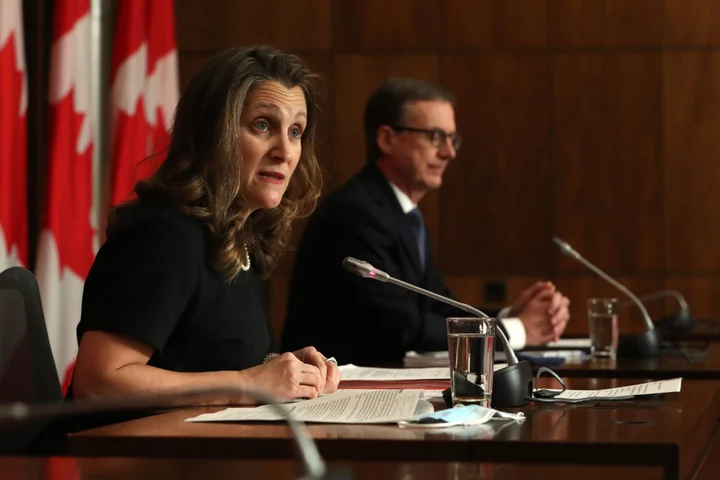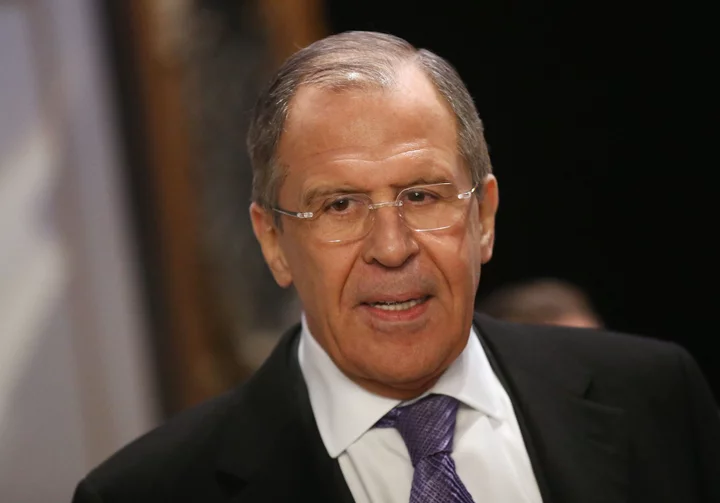Norway’s battery companies have encouraged South Korean rivals to come to the Nordic country and help build a new electric-vehicle supply chain, as Europe increases efforts to reduce its reliance on Chinese suppliers.
At a conference Tuesday in Pohang, industry group Battery Norway pitched Korean companies including LG Energy Solution Ltd., Ecopro Materials Co. and Posco Future M Co. on why they should cooperate. The event, hosted by SNE Research, was held to mark the city’s designation as a “Battery Industry Special Zone.”
“We see many companies from outside Europe establishing production facilities in Europe,” said Pål Runde, chief executive officer at Battery Norway. “That has do to with new European battery regulations that came into effect in August, and over the coming years there will be very strict rules about producing battery materials and producing batteries in Europe.”
The European Union this week agreed to become more self-sufficient in the key raw materials it needs to help power the clean energy transition. While Norway isn’t part of the EU, it last year agreed to try to resolve an issue the bloc’s Brexit trade agreement has created for future use of electric car batteries produced in the Nordic country.
Read More: EU Wants to Attract Clean Tech: Here’s What You Need to Know
Norway, an early adopter of electric vehicles, aims to leverage its natural resources and develop a battery production and recycling industry as one of seven focus areas in its green industrial strategy. European battery companies are still facing a lack of skilled workers to mass produce power cells, and it isn’t currently possible to source all components or manufacturing equipment locally because of a lack of suppliers, according to BloombergNEF.
Runde touted Norway’s widespread availability of clean energy that lowers carbon emissions for running battery factories, and said the country’s head-start on adopting EVs will enable a quicker start to battery recycling. He also stressed the country’s rich reserves of minerals needed for batteries, such as nickel, cobalt, manganese, and especially graphite.
Graphite, a key material for anodes — the negative electrode of an EV battery — became a thorny issue for Korean battery makers last month when China said it will place some types of graphite under export controls. China accounts for about 60% of the world’s natural graphite production capacity, and 90% for the synthetic variety.
Read More: Battery Makers Hunt for Graphite Ahead of China Controls
There’s “a natural graphite mine in northern Norway, and actually it’s the only one in Scandinavia and the biggest crystalline graphite producer in Europe,” Runde said.
Oslo-based Morrow Batteries AG said it wants more partnerships with Korean battery-materials makers. The company signed a deal with Posco Future in 2021 to develop and supply cathode and anode materials.
“We would welcome any company, especially in synthetic graphite production, to come to Norway,” Morrow COO Andreas Maier said in an interview at the conference. “Norway can become a very attractive manufacturing location,” for Korean companies considering its low energy costs, he said.
European carmakers also want more local suppliers, Maier said.
“That trend already is clearly happening,” he said. “Production has to be in Europe.”

